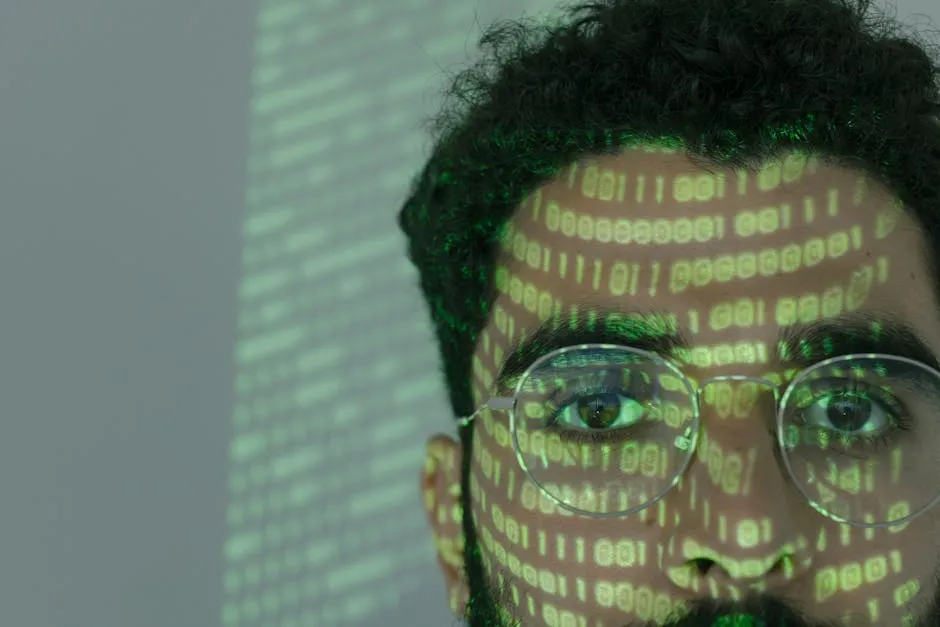
The Implications of the EU’s Chat Control Law
As the European Union moves forward with its controversial Chat Control law, privacy experts are sounding alarms about the potential impacts on user security and trust in digital platforms. This legislation aims to enhance online safety by enabling the monitoring of private communications, but critics argue that it could have far-reaching consequences that push users towards decentralized Web3 alternatives.
Understanding the Chat Control Law
The Chat Control law is part of a broader initiative by the EU to combat child exploitation and abuse online. While the intention behind the law is commendable, the approach raises significant concerns about privacy and encryption. Essentially, the law allows for the scanning of personal messages on various platforms, potentially undermining the very encryption technologies that protect users’ communications.
Encryption at Risk
One of the key arguments against the Chat Control law is its potential to break encryption. Encryption is a fundamental technology that ensures the confidentiality of personal messages and data. By requiring platforms to monitor and report on private conversations, the law could lead to a situation where encryption is weakened or even rendered useless, leaving users vulnerable to surveillance and data breaches.
Erosion of Trust in Digital Platforms
Trust is a crucial element of online interactions, and privacy experts warn that the implementation of this law could significantly erode that trust. Users may become increasingly skeptical of platforms that comply with the Chat Control requirements, fearing that their private conversations are no longer secure. This lack of trust could lead to a decline in user engagement on mainstream platforms, prompting individuals to seek alternatives that prioritize privacy and security.
Web3 Solutions on the Rise
In response to the potential risks posed by the Chat Control law, many users are turning their attention to decentralized Web3 solutions. Web3 technologies, characterized by blockchain and peer-to-peer networks, offer a more secure and private alternative to traditional platforms. These solutions empower users by giving them greater control over their data and communications without the fear of government surveillance.
The rise of Web3 alternatives could significantly reshape the digital landscape, promoting a shift away from centralized platforms that prioritize compliance with laws like Chat Control. As users become more aware of their privacy rights, they may actively seek out decentralized options that align with their values.
Conclusion
The EU’s Chat Control law is a complex issue that balances the need for online safety with the fundamental rights to privacy and security. While the intent behind the legislation is to protect vulnerable individuals, its execution could inadvertently drive users towards Web3 alternatives. As privacy concerns continue to dominate discussions about digital platforms, the future of online communication may hinge on the choices users make in response to these evolving regulations.



